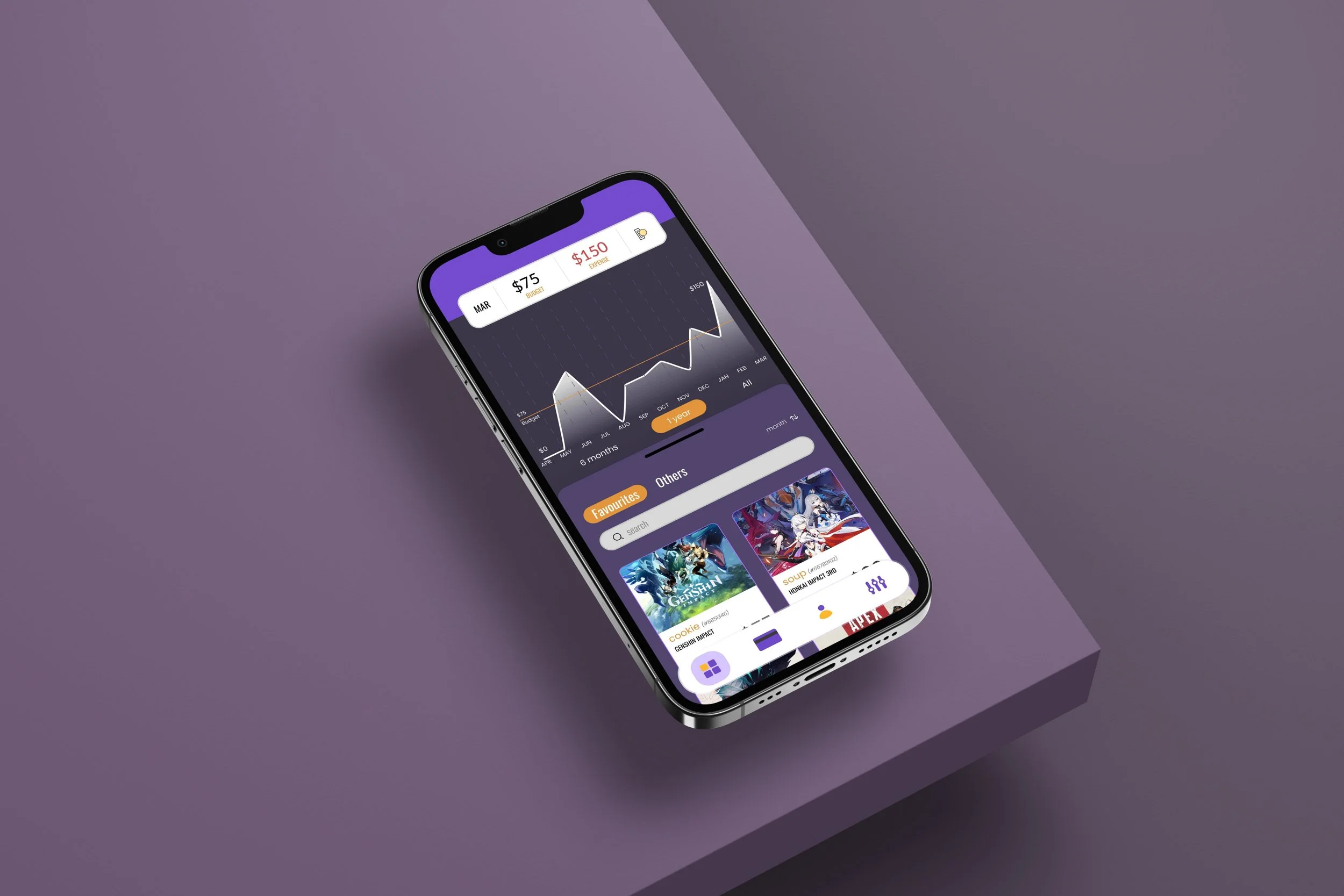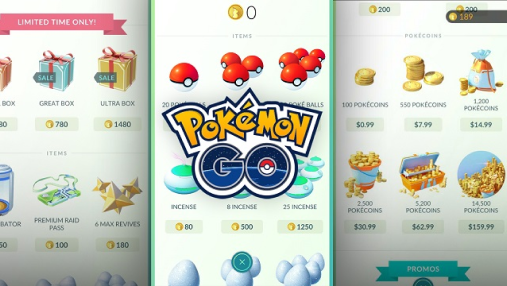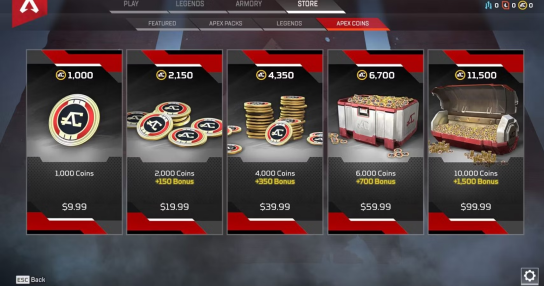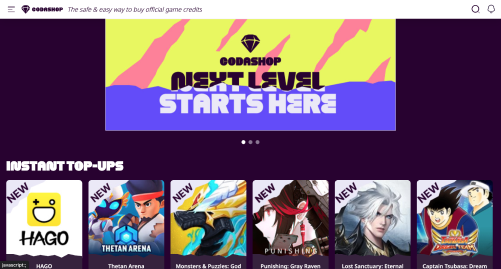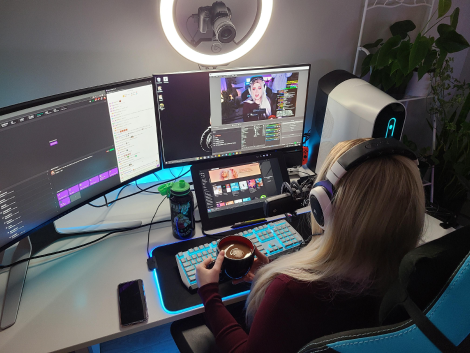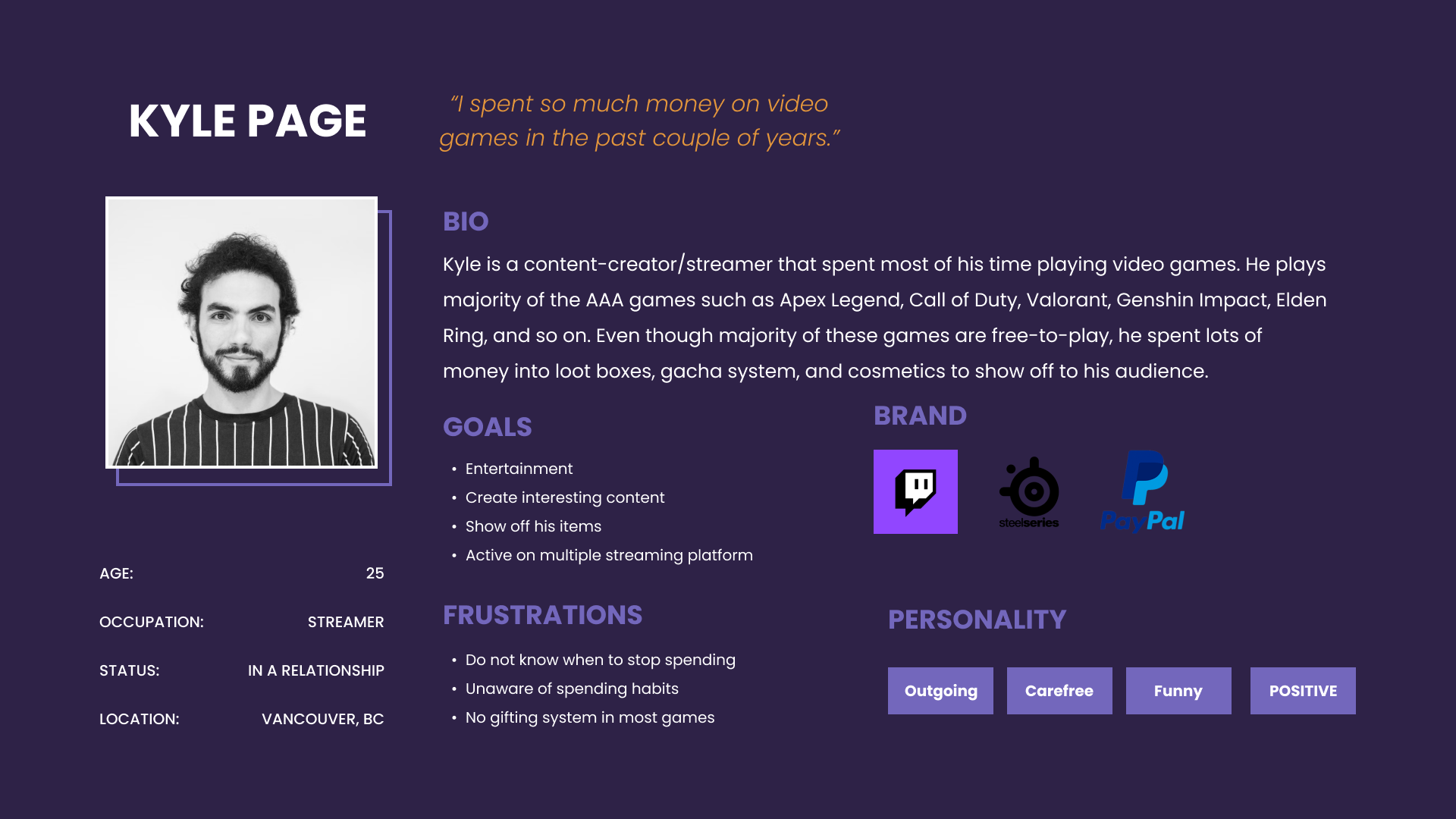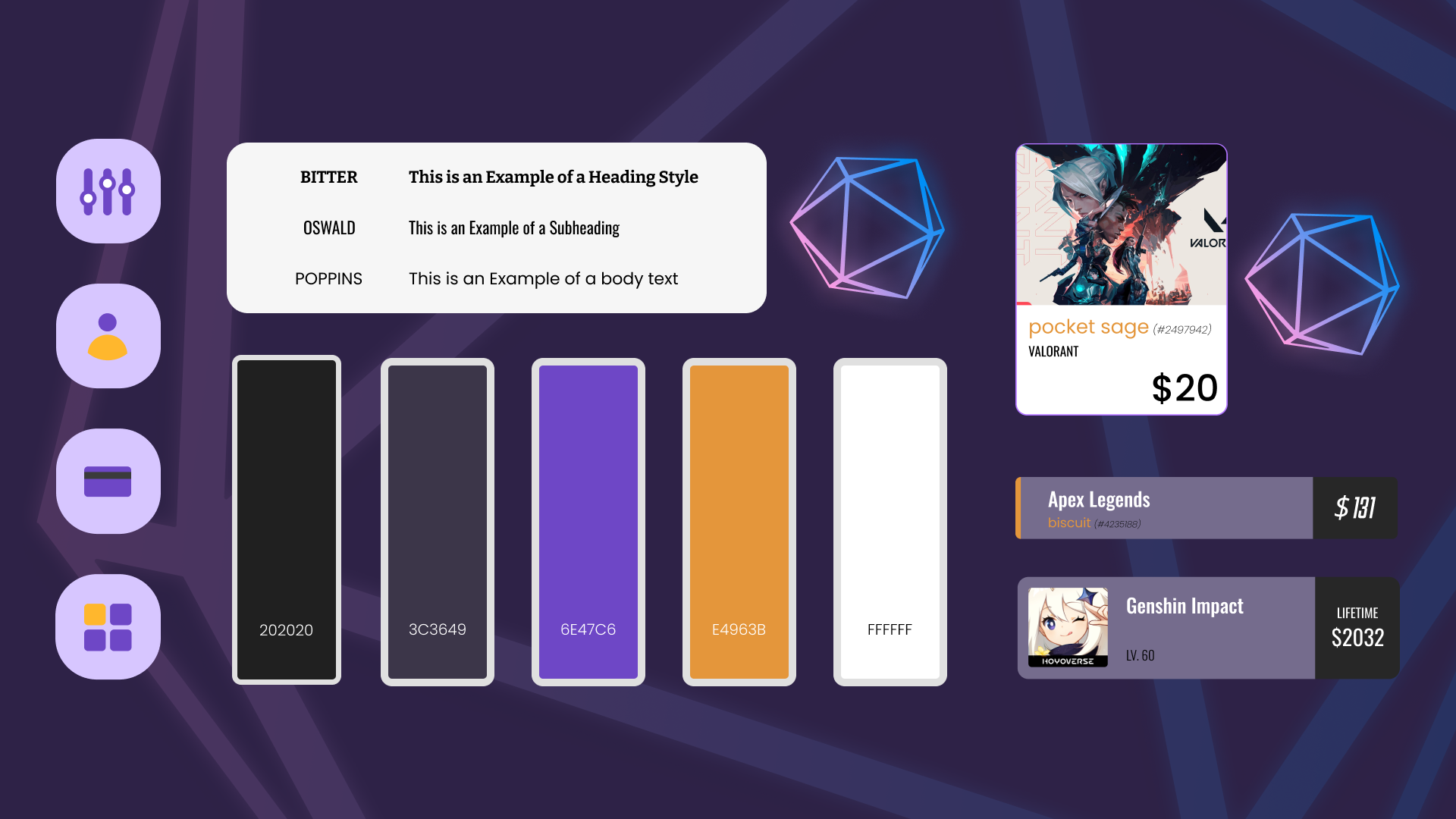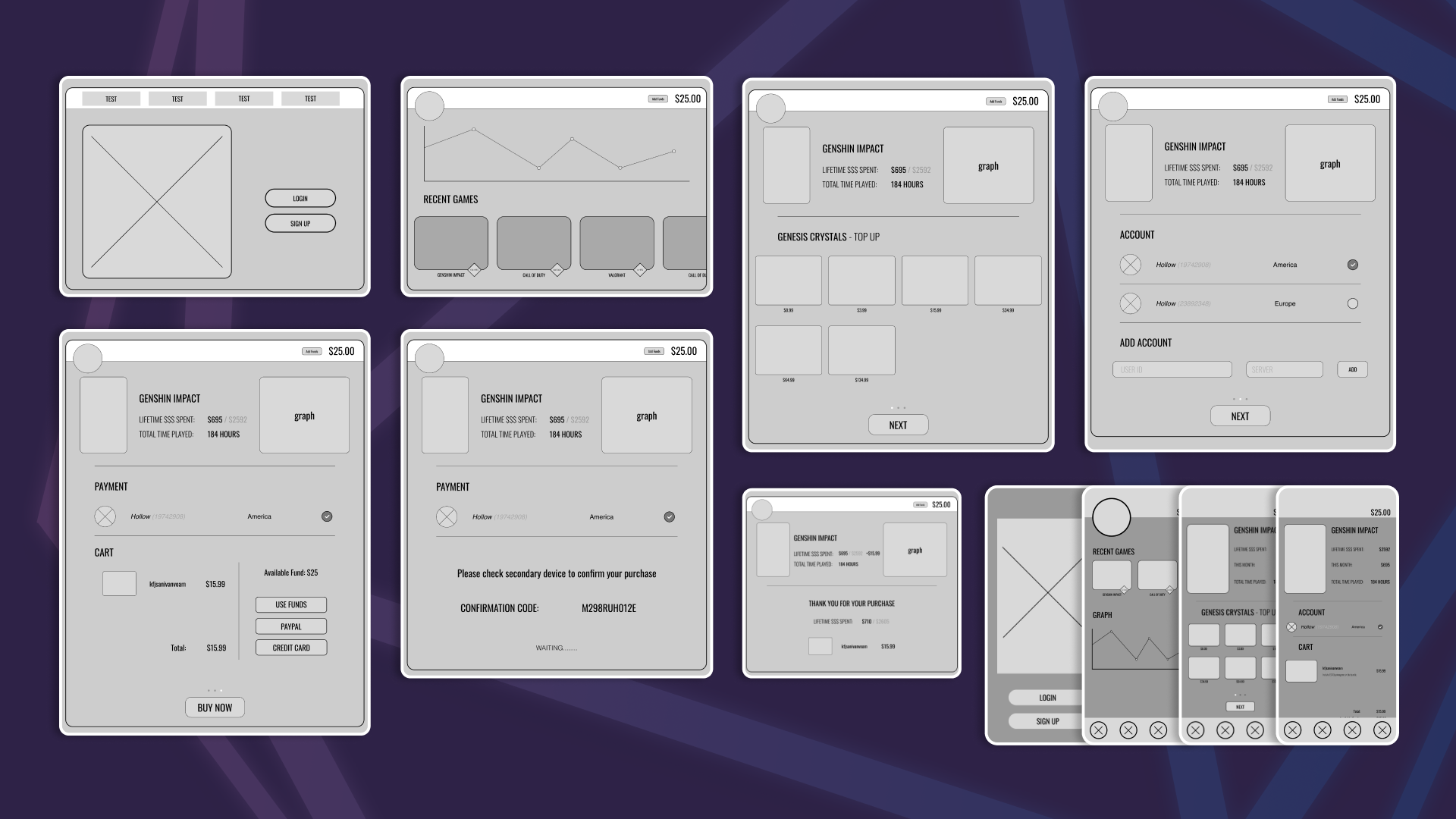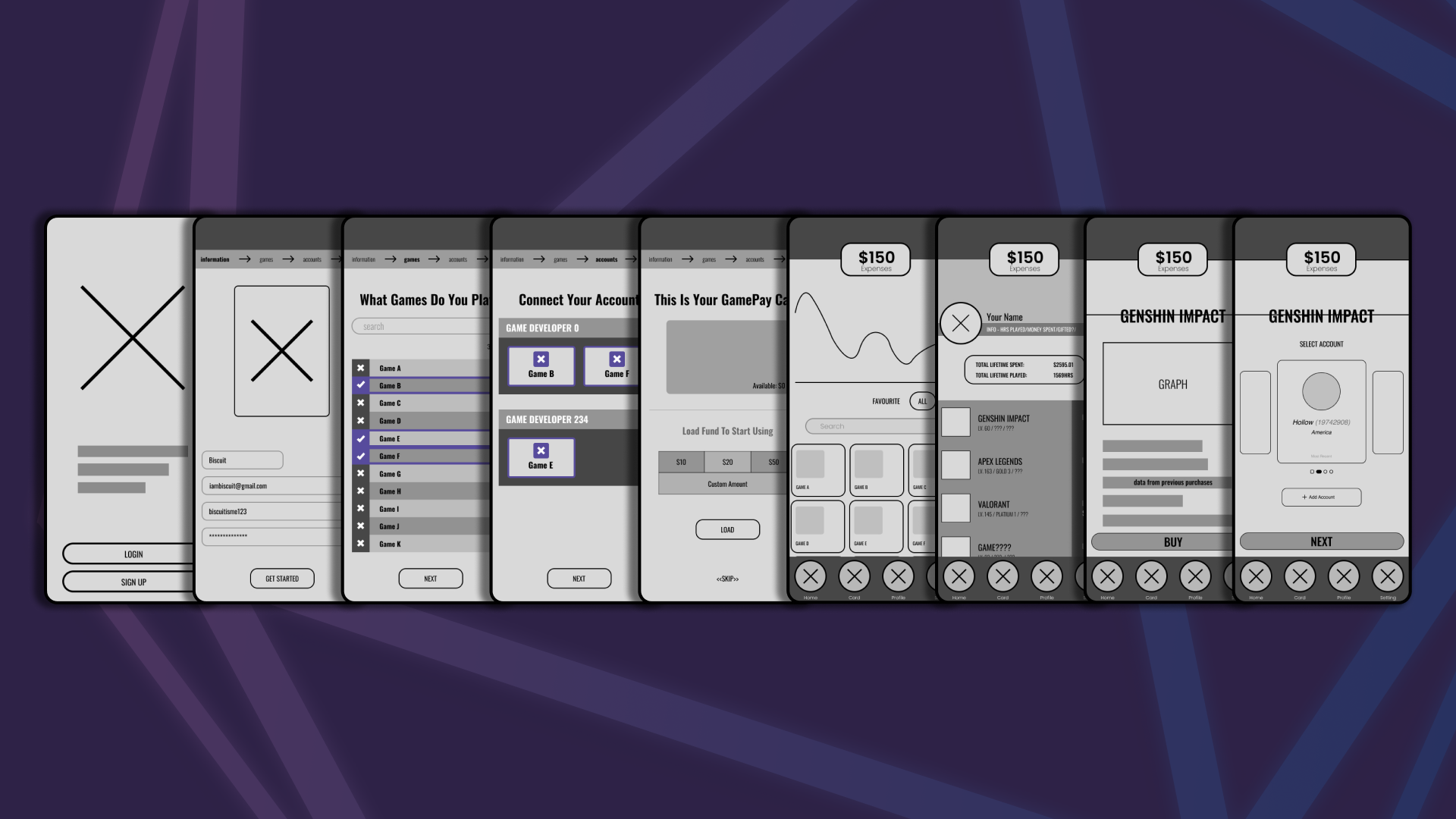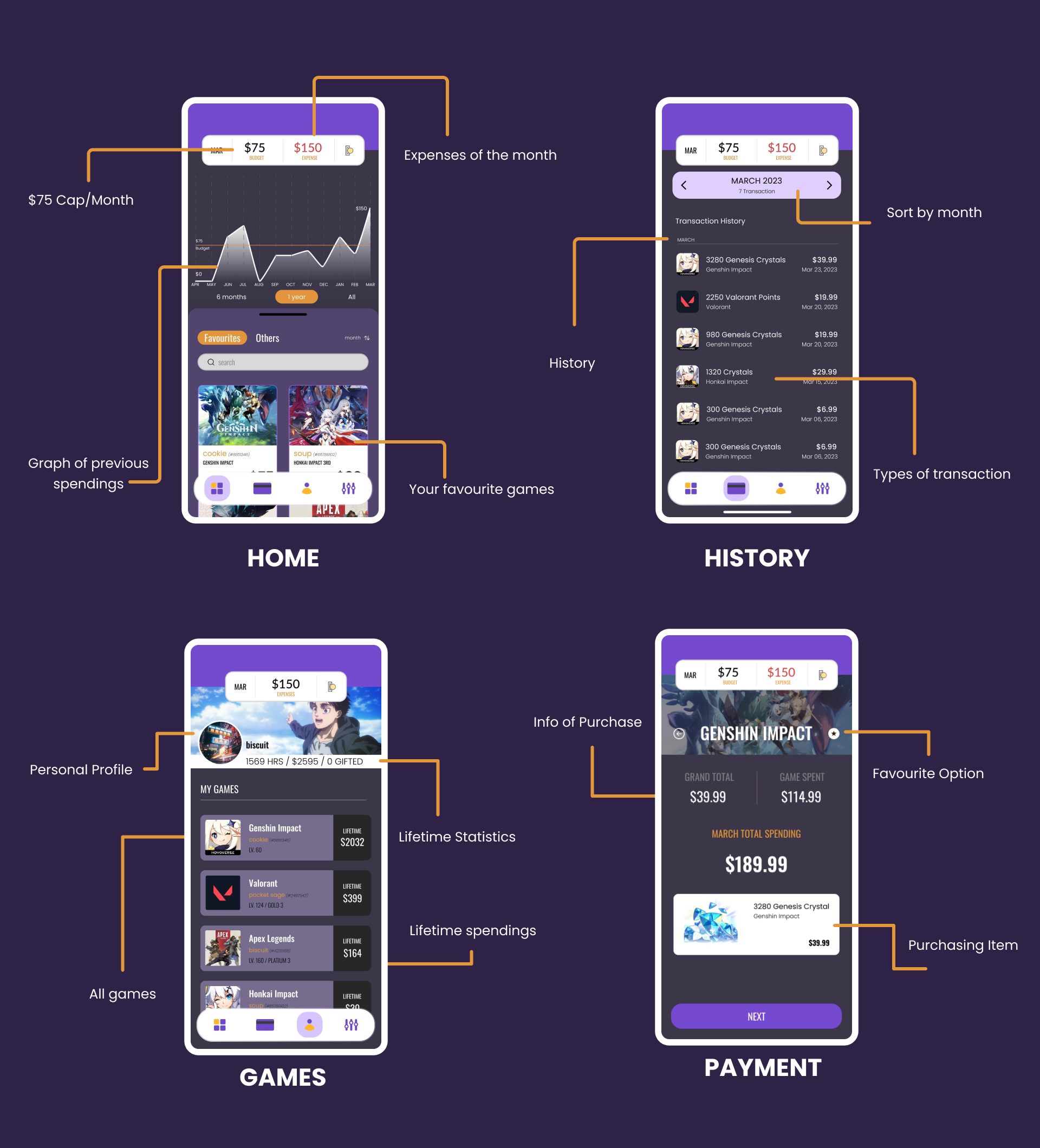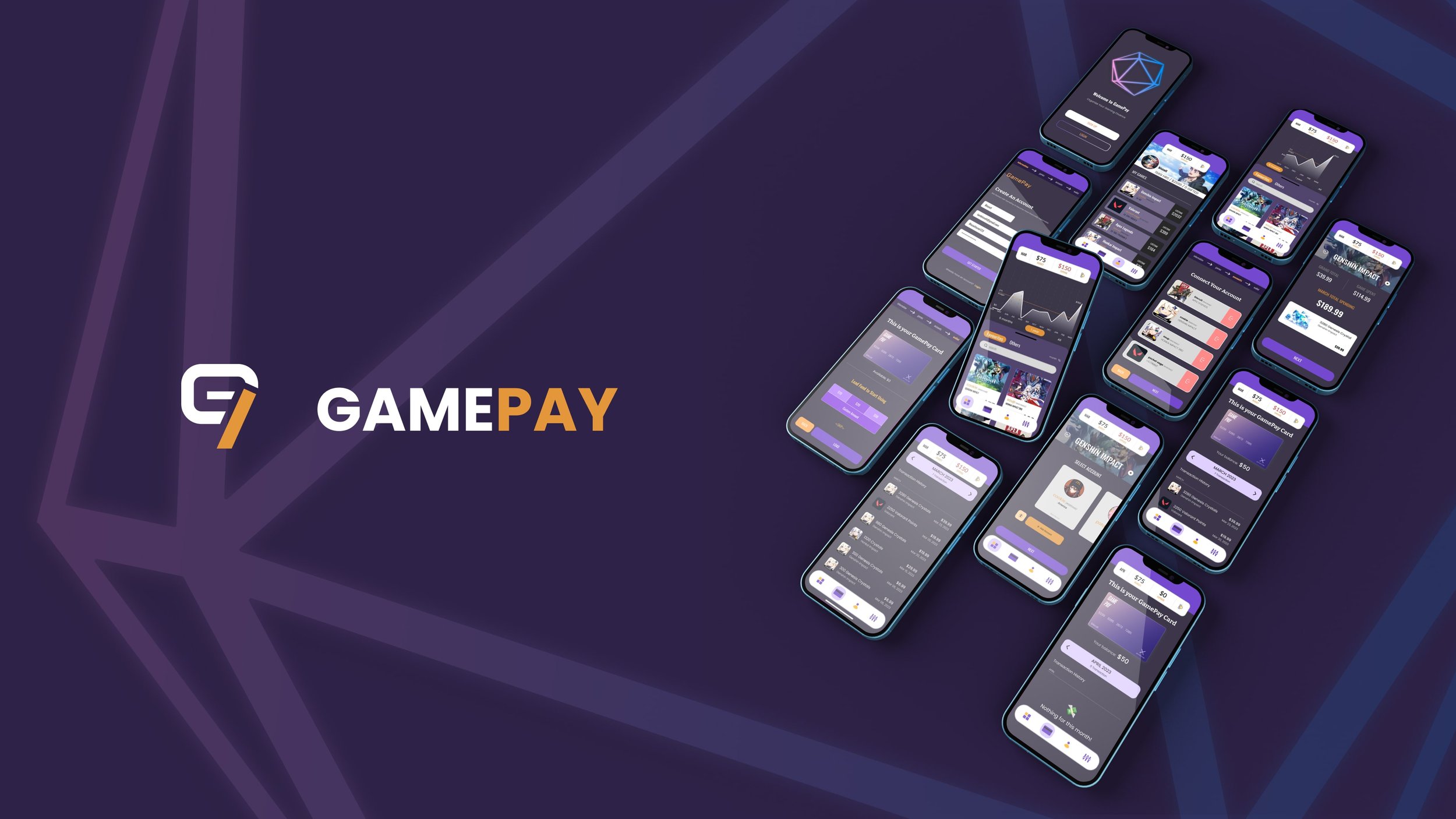
Project Overview
For my senior graduation project, I aim to develop a transformative platform centered around my passion for gaming. Gaming has profoundly influenced my life, and I recognize a significant opportunity to create a space that not only enhances the gaming experience but also supports and connects individuals. By designing this platform, I intend to harness the power of gaming to foster community, collaboration, and personal growth, ultimately benefiting a diverse audience.
Project Goal
I want to develop a centralized game currency platform that empowers gamers to take control of their spending by effectively monitoring their purchasing habits. This platform will feature a distinctive digital card designed to serve as the primary payment method for all in-game transactions, streamlining the purchasing process and enhancing user experience. Through real-time analytics and personalized spending insights, users will be better equipped to manage their finances while enjoying their gaming experience.
-
September 2022 - April 2023
-
UI Design, UX Research, Branding, Prototype Develoment
-
Figma, Photoshop, Premiere Pro, Procreate
PROBLEM
In the contemporary video game landscape, particularly within mobile and console games, a significant trend has emerged: the prevalence of free-to-play models. Developers often rely on micro-transactions as a primary revenue stream, allowing players to purchase various in-game items such as cosmetics, characters, weapons, and abilities. While these purchases may not necessarily impact overall gameplay, they can significantly enhance the gaming experience.
However, a critical concern associated with micro-transactions is the tendency for players to make impulsive purchases. This is particularly evident in games that incorporate loot box or gacha systems, where players spend real money for a chance to receive desired in-game items. Although these systems may offer higher-tier rewards, the odds of obtaining them can be quite low, fostering a cycle of spending without guaranteed returns. This unpredictability draws parallels to gambling behaviours, raising ethical questions about the practice and its implications for player well-being.
As the gaming industry continues to evolve, it remains imperative for developers to consider the potential consequences of micro-transactions and to implement measures that promote responsible spending among players. Addressing these concerns is crucial for maintaining a healthy gaming environment and ensuring a positive experience for the community.
OPPORTUNITY
This solution focuses on addressing the needs of gamers and parents who invest in micro-transactions. By offering a personalized digital card, users can streamline all in-game purchases and establish a budget limit, enabling direct payments through the platform. This approach not only simplifies the payment process but also empowers users to track their spending more effectively. By providing detailed insights and data on purchasing patterns, the platform promotes the development of healthy spending habits within the gaming community. Ultimately, this initiative aims to foster responsible financial behaviour while enhancing the overall gaming experience.
RESEARCH INSIGHT
Throughout the design process, I conducted thorough research on relevant precedents, including existing platforms vital to my concept. I examined platforms such as PayPal, Mint, Coda Shop, and various micro-transaction systems in video games. This targeted research provided me with a comprehensive understanding of visual design and information architecture, among other aspects.
Micro-transactions make up 88% of digital games revenues
In 2020s all micro-transactions made up $92.6 billion
It is a fast-growing industry
Gamers spend an average of $70/per month
Some aspects of the project that require significant attention include the tone of the platform. It is essential to establish what emotions users should experience while interacting with it. Should the communication feel like persistent nagging about their habits, or should it embody a gentle reminder? One proposed strategy is to conduct role-playing scenarios to determine the critical wording that can be incorporated. This approach aims to foster a sense of reminder while avoiding annoyance, ensuring that users feel supported rather than pressured.
MINT
PAYPAL
CODASHOP
TARGET AUDIENCE
Live-Streamer
The ones who spent the most money on video games
To create content
Often re-invest their earnings
To show off cosmetics
Review characters or showcase
Casual - Moderate Gamers
Spent less than $10 per month
For self-enjoyment
Battle pass
Cosmetics/Characters/Abilities
Parents
Monitor their child’s spending on games
Teach their child how to spend responsibly
The target audience for this concept will be mainly targeting live stream gamers, low to high-spenders and even parents as well. For live-streamers, they are the ones who usually spend the most money on video games since they often reinvest their earnings back into the game to create content for their viewers by doing reviews or showcases. Or even gamers who are looking to spend as little as $10/per month can benefit from the platform that I will create.
BRAND IDENTITY
MOODBOARD
INITIAL PROTOTYPE
Initially, I planned to create a desktop platform that users could access through their computers. However, after receiving feedback from multiple sources, I realized that a mobile app would be more accessible and user-friendly. Shifting my focus to a mobile app has made me more aware of what is important and relevant to users, which will help to ensure that they continue to use the app. By carefully considering the needs of mobile users, I am confident that I can create an app that is both useful and convenient, no matter where the user is located.
After creating the initial prototype, some of the feedback I received was mainly UI changes in order to make this app more user-friendly and display only the important information to users, other info can be found on other pages.
Some text was a bit too small for testers to see
We need to have a prototype for purchasing screens
Missing key elements of concept – purchase history, payment, statistics, graphs
FINAL OUTCOME
GamePay is currently an interactive prototype on Figma.
Figma Interactive Prototype.

